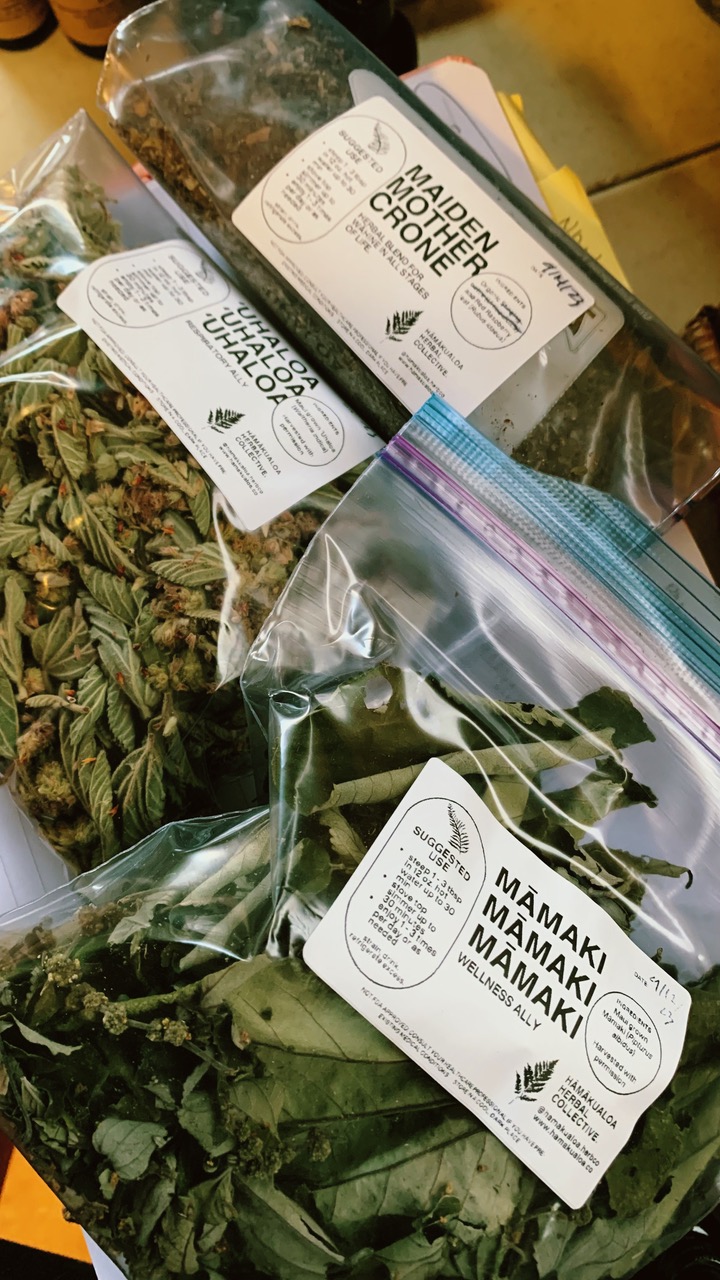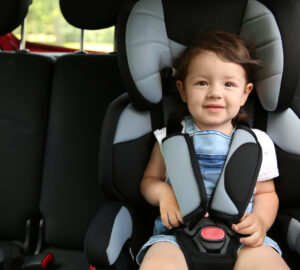
In the days and weeks following the wildfires of August 8, the community of Maui activated to support those impacted in a deep and meaningful way. Without waiting for government organizations to step in, citizens of our island home sprang into action as word spread through text messages, conversations, and social media about what was needed. With roads closed, Oceancraft became the lifeline between a community that had lost everything and the rest of the island who wanted to help.
What we experienced and participated in is an extreme example of the idea and practice of mutual aid, built on the devastation that reverberated across our island. Mutual aid is differentiated from charity by an emphasis on standing in solidarity with others. It emphasizes the empowerment of individuals to give what they can and to receive what they need. Many groups such as Pacific Birth Collective and Maui Rapid Response offered this kind of support in the weeks following the fires. Hāmākualoa Herbal Collective, where herbal remedies and support are offered freely, shared that “volunteers work in solidarity, never charity, maximizing joy while remaining resourced to sustain and build on this work.”
GlobalGiving.org emphasizes that mutual aid creates networks of care and generosity to meet the immediate needs of our neighbors. As an island chain isolated in the middle of the Pacific Ocean, we can lean into this idea of mutual aid as a practice that we carry on in our daily lives.
Here are some ideas to consider:
Listen. Ask your neighbors or community what they need. It’s easy to assume what people need, but in order to truly understand what someone needs, it’s vital to listen with an open heart and mind to what people say they need. Their request might be radically different than what you had in mind.
Connect. Get to know your neighbors. Reach outside of your normal social circles to understand what others are going through. Offer your expertise and unique gifts in a way that benefits those who typically lack access. Recognize that systems of power and inequity are often unseen barriers that can only be overcome by bringing them to light.
Prioritize well-being. You cannot stand in solidarity with others if you cannot continue standing. Maintain a sense of the bigger picture and recognize when you need to resource yourself. Ask for help when needed. The flow of giving and receiving is what allows mutual aid to be sustained.
The structures that exist in our society often divide us from each other and from ourselves. Mutual aid reminds us that we can take our future into our own hands as a community and that we rise together.



